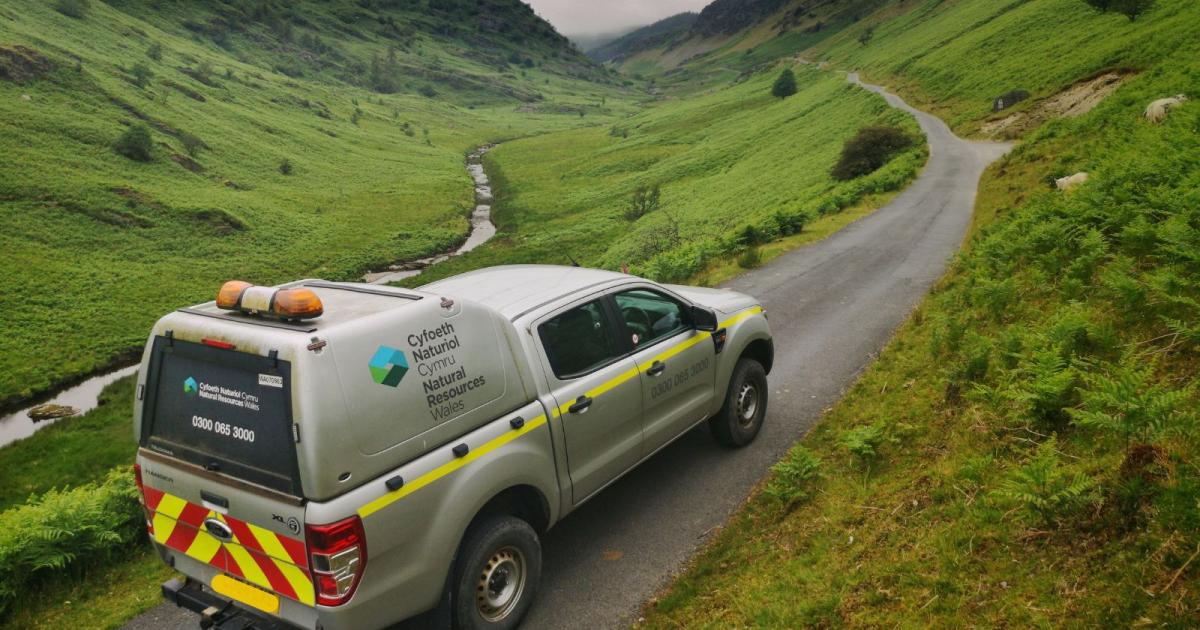The call comes from Natural Resources Wales (NRW), which reported 155 pollution incidents linked to the company in 2024.
Of these, 132 were from sewerage assets and 23 related to water supply.
Nadia De Longhi, head of regulation and permitting at NRW, said: “We’ve seen a huge deterioration in the performance of Dŵr Cymru Welsh Water since 2020, and despite repeated warnings and interventions they’ve been unable to reverse this concerning trend.
“This has left us with no choice but to pursue a number of prosecutions against the company which have recently concluded.”
Sewage-related incidents have risen steadily, up from 89 in 2022 and 107 in 2023, marking a 42 per cent increase over the past decade.
Of the total, six were classified as serious, though this was down from seven last year.
NRW says most incidents originated from foul sewers (423), storm overflows (168), and water treatment works (166) over the past 10 years.
The regulator has taken several actions, including securing prosecutions related to pollution on the Gwent Levels and a tributary of the Afon Llwyd.
NRW has also pushed for record environmental investment between 2025 and 2030 through the Ofwat price review and issued new guidance on when storm overflows are breaching environmental permits.
In 2025, NRW will introduce a team to increase monitoring of water company discharges and begin implementing Pollution Incident Reduction Plans under new legislation.
The regulator will also tighten annual performance assessment criteria, in collaboration with the Environment Agency, starting January 1, 2026.
Ms De Longhi said: “This is not the outcome we want, nor the best outcome for the environment – our priority will always be to bring companies into compliance and prevent environmental damage from happening in the first place.
“We continue to do everything we can to drive improvements, but Dŵr Cymru Welsh Water must address the root cause of these pollution incidents and take preventative measures before more harm is done to the water environment.”
Hafren Dyfrdwy, which provides drinking water and wastewater services to some of the mid and north Wales border counties, was responsible for five pollution incidents – two of which were from sewerage assets. This also represents an increase from one sewage pollution incident in 2023 and four in total.
Neither company met NRW’s 80 per cent target for self-reporting incidents, though Dŵr Cymru improved from 70 per cent in 2023 to 74 per cent in 2024.
